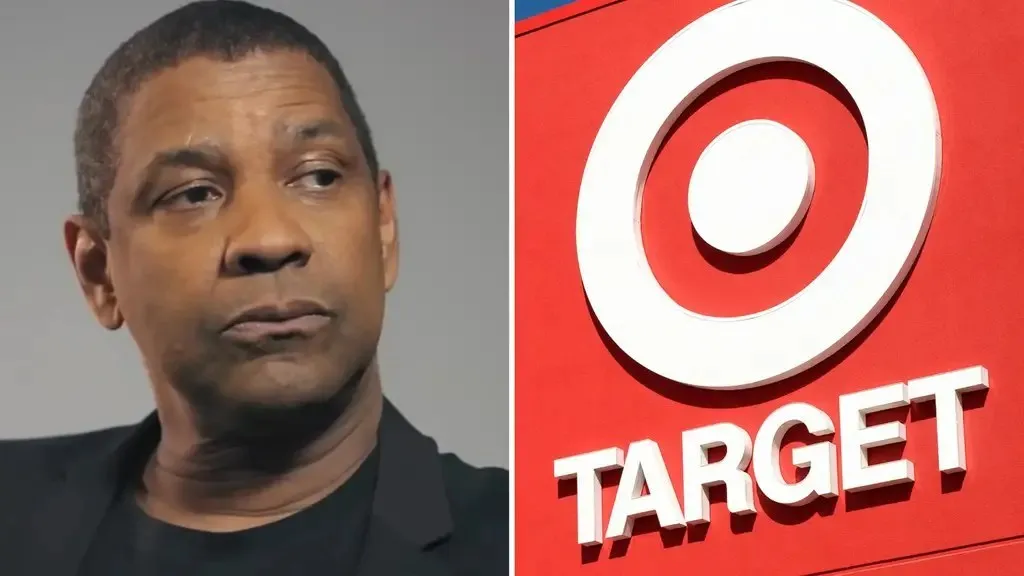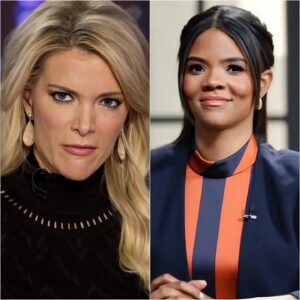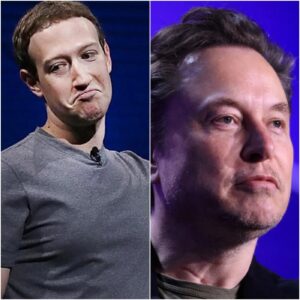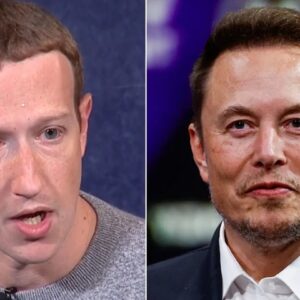In a shocking revelation, legendary actor Denzel Washington has reportedly turned down a $10 million endorsement deal from retail giant Target, citing his refusal to support what he describes as the company’s “woke brand.” This bold move has sparked widespread discussion about the growing tensions between celebrities, corporations, and the shifting cultural landscape. Washington’s decision to walk away from such a lucrative offer raises important questions about personal integrity, the role of corporations in social issues, and the potential backlash against “woke” marketing.

Denzel Washington: A Man of Principle
Denzel Washington is known not only for his extraordinary acting talent but also for his strong moral compass. Throughout his illustrious career, Washington has carefully chosen roles and endorsements that align with his values, making him one of Hollywood’s most respected figures. His decision to decline the $10 million deal from Target reflects his deep sense of responsibility to his principles, rather than simply chasing financial gain.
According to sources close to the situation, Target approached Washington with an offer to be the face of a new campaign aimed at promoting diversity, inclusion, and corporate social responsibility. However, Washington, who has often spoken about the importance of genuine activism and personal responsibility, reportedly felt that the campaign was more about the company’s image than any real commitment to meaningful change.
In a statement, Washington is said to have remarked, “I’m not saving your woke brand,” making it clear that he was unwilling to participate in what he viewed as a superficial marketing effort. This statement has resonated with many who are increasingly critical of corporations using social justice causes as a marketing tool without backing them up with genuine action.
The Rise of “Woke” Branding in Corporate America
In recent years, the term “woke” has become synonymous with social awareness, particularly regarding issues such as racial equality, gender rights, and environmental responsibility. Many corporations, including Target, have adopted marketing strategies that emphasize their commitment to these causes. However, this trend has not been without controversy. Critics argue that many companies are jumping on the bandwagon of social movements to boost sales, while their internal practices and policies do not always reflect the values they claim to support.
Target has been at the forefront of this “woke” branding trend, launching campaigns focused on inclusivity and diversity, such as gender-neutral clothing lines and increased representation of minority groups in advertising. While these efforts have been praised by some, they have also been met with skepticism, with detractors accusing the company of using these initiatives as a way to appeal to progressive consumers without making significant changes at the corporate level.
Denzel Washington’s decision to reject the endorsement deal seems to tap into this skepticism. His refusal to lend his name to a campaign he felt lacked authenticity could be seen as a broader critique of corporate America’s approach to social issues.
Washington’s Stand: Authenticity Over Profit
In turning down the endorsement deal, Denzel Washington has sent a powerful message about the importance of authenticity. For Washington, it appears that aligning with a brand that uses social justice as a marketing strategy, without genuine commitment, was a step too far. His decision highlights the growing divide between public figures who are willing to support causes for the sake of endorsement deals and those who demand that companies practice what they preach.
Washington’s stand is particularly significant in an era when many celebrities are quick to accept lucrative offers from corporations eager to align themselves with popular social causes. By walking away from $10 million, Washington is positioning himself as a figure who prioritizes integrity over profit, reinforcing his reputation as a man of principle.
Public Reaction: Divided Opinions
As news of Denzel Washington’s decision spread, public reaction has been divided. Supporters of Washington have praised his integrity, seeing his actions as a necessary stand against the commercialization of social movements. They argue that more public figures should follow Washington’s lead, rejecting deals that they feel compromise their values.
On social media, many have expressed admiration for Washington, calling him a “man of character” and applauding his willingness to turn down such a significant sum of money to remain true to his beliefs. Some have even suggested that this decision could spark a broader conversation about the role of corporations in social activism and the need for more genuine commitment from businesses.
However, not everyone has been supportive. Critics argue that Washington’s decision is a missed opportunity to influence a major corporation like Target to make meaningful changes. They claim that Washington could have used his platform within the campaign to push for greater transparency and action from the company, rather than walking away entirely.
The Future of Corporate Activism
Denzel Washington’s rejection of Target’s endorsement deal raises important questions about the future of corporate activism. As more companies adopt “woke” branding strategies, the public is becoming increasingly aware of the gap between a company’s messaging and its actual practices. Celebrities like Washington, who are willing to call out this disparity, could push companies to be more transparent and authentic in their activism efforts.
In a time when consumers are more socially conscious than ever, companies that fail to back up their marketing with real action risk losing credibility. Washington’s decision highlights the potential for high-profile figures to influence this trend, demanding more than just lip service from corporations when it comes to social issues.
Conclusion: A Bold Stand for Integrity
Denzel Washington’s decision to turn down a $10 million endorsement deal from Target sends a clear message: integrity matters more than money. By refusing to align himself with a “woke” campaign that he felt lacked authenticity, Washington has once again proven himself to be a man of principle, unwilling to compromise his values for financial gain. His bold stance has sparked an important conversation about the role of celebrities and corporations in social activism, and what it means to truly support the causes they claim to champion.





